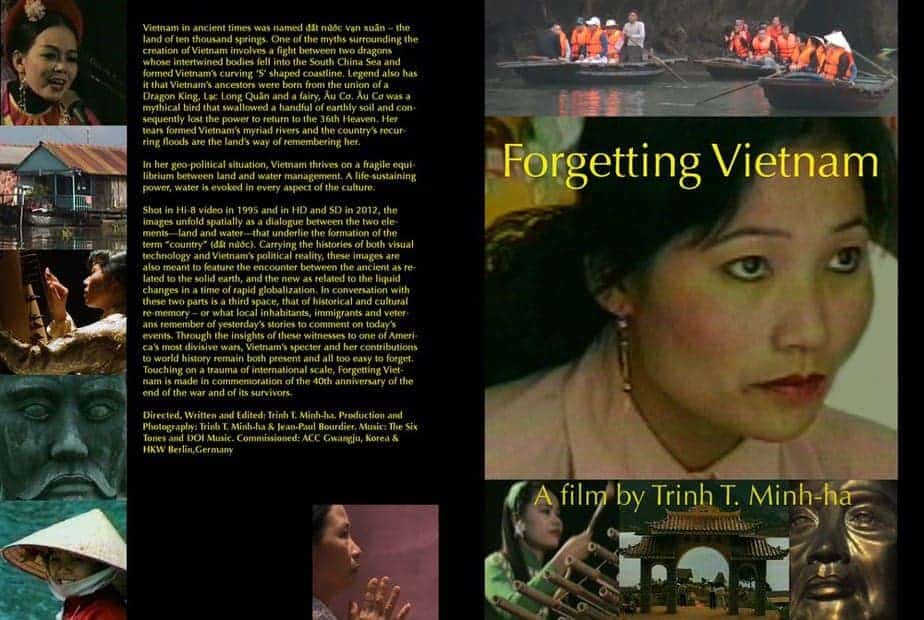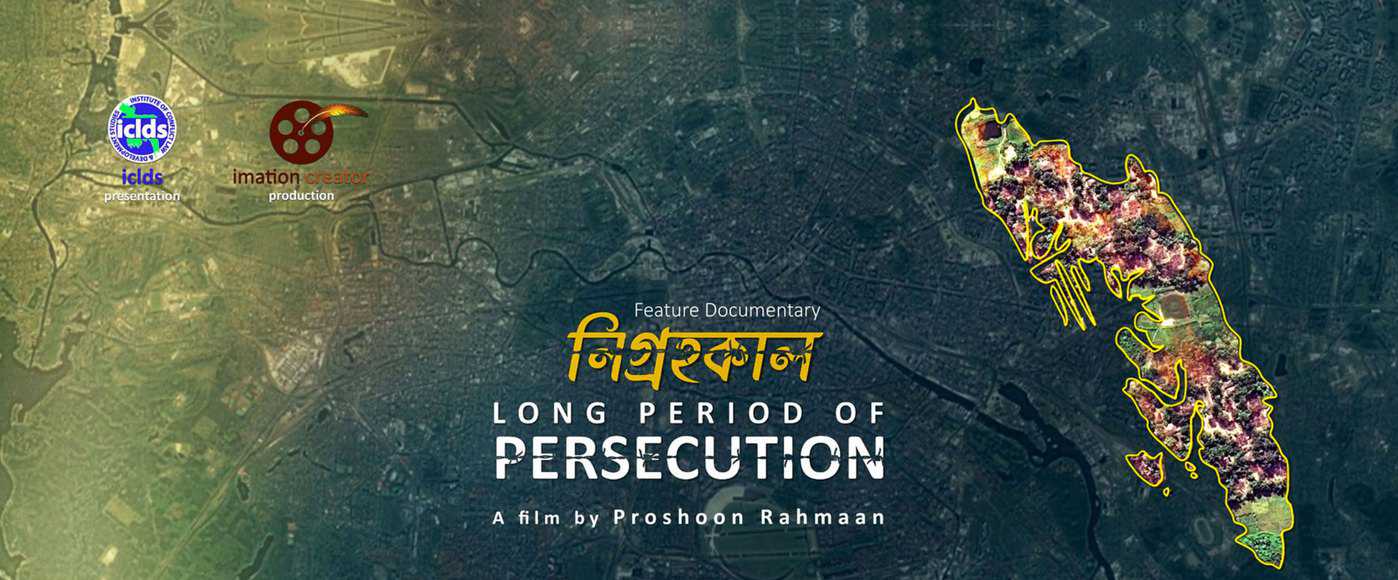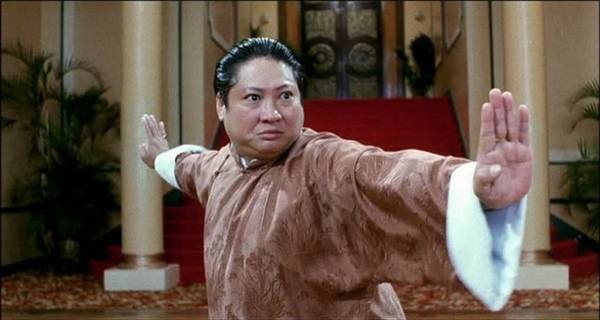Made in commemoration of the 40th anniversary from the end of the war between US and Vietnam, the documentary presents a thorough analysis of the latter, in a film that implements, once more, Trinh T. Minh-ha's experimental approach.
The film was part of ICA's retrospective of Trinh T. Minh-ha
Vietnam in ancient times was named đất nứớc vạn xuân–the land of ten thousand springs. One of the myths surrounding the creation of Vietnam involves a fight between two dragons whose intertwined bodies fell into the South China Sea and formed Vietnam's curving ‘S' shaped coastline. Legend also has it that Vietnam's ancestors were born from the union of a Dragon King, Lạc Long Quân and a fairy, Âu Cơ. Âu Cơwas a mythical bird that swallowed a handful of earthly soil and consequently lost the power to return to the 36th Heaven. Her tears formed Vietnam's myriad rivers and the country's recurring floods are the land's way of remembering her.
In her geo-political situation, Vietnam thrives on a fragile equilibrium between land and water management. These two elements –earth (đất) and water (nứớc) –form the two main structural threads that run through “Forgetting Vietnam”, with images of the people and their related activities accordingly featured. Water has always played a vital role in Vietnamese culture. Its life-sustaining power is evoked in the widest range of mythical stories as the latter act on people's daily lives.
Trinh highlights all of the above in the documentary, through a number of videos and photos, shot in Hi-8 video in 1995 and in HD and SD in 2012, in a slideshow that could be interpreted as a tour guide of the backbone of Vietnam. The various footage are quite impressive, as Trinh moves from the country to the urban settings and vice versa, all the while intermingling image with history and myth, with the latter deriving not from narration, as is usual the case, but from writings that are presented on screen. These writings include famous sayings of the country, historic and geopolitical information, and various myths of the country. This approach is quite original, and works quite well in the general context, as it allows the spectator to focus on the image and the local music that permeates the film. In that fashion, Trinh's own editing serves this approach to the fullest.
Trinh does not forget to show elements of culture and entertainment, with the water puppet theater being one of the most impressive. At the same time, the blights of the country (the export of human labor, human trafficking, and the sex trade) are also mentioned, making the presentation of Vietnam even more thorough.
Another focal point is the history of the war between USA and Vietnam, with the director making an effort not to let the catastrophic events be forgotten, thus fulfilling one of the main purposes of the documentary as a medium. At the same time, since the film functions as a tour guide of the country, it also succeeds to the fullest in that respect, since, after watching the documentary, the audience will probably feel the need to visit Vietnam.
“Forgetting Vietnam” is a very interesting spectacle in experimental fashion, as it succeeds in all its purposes despite its rather unusual approach to the medium.















